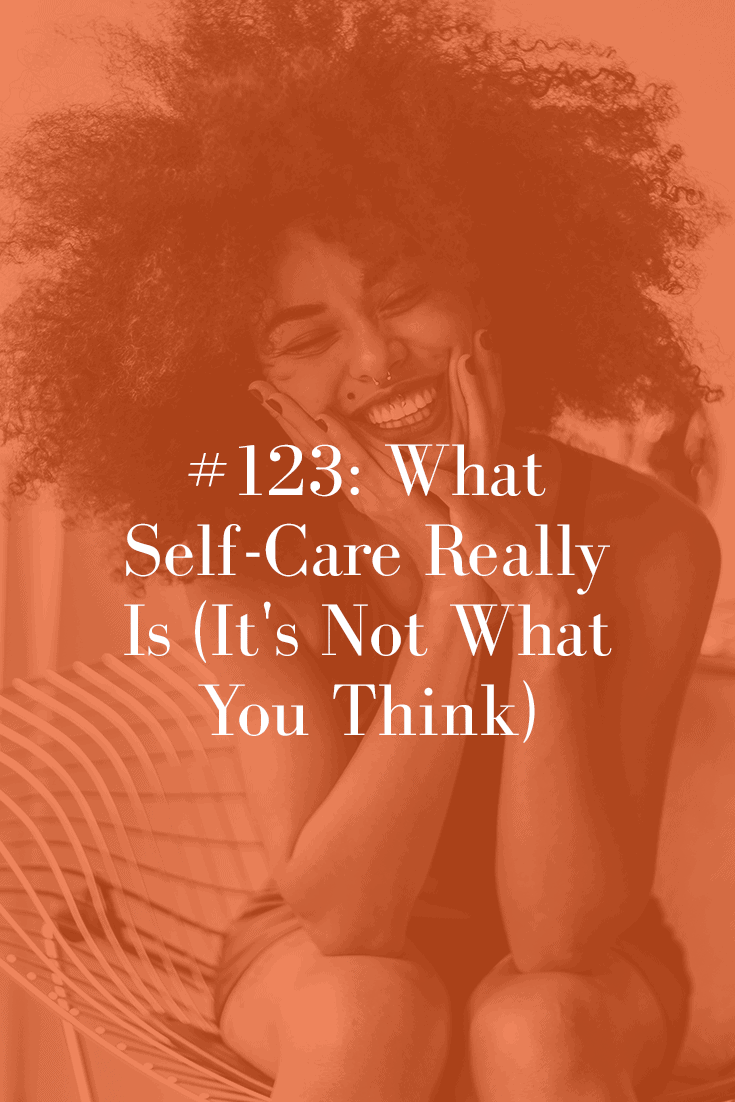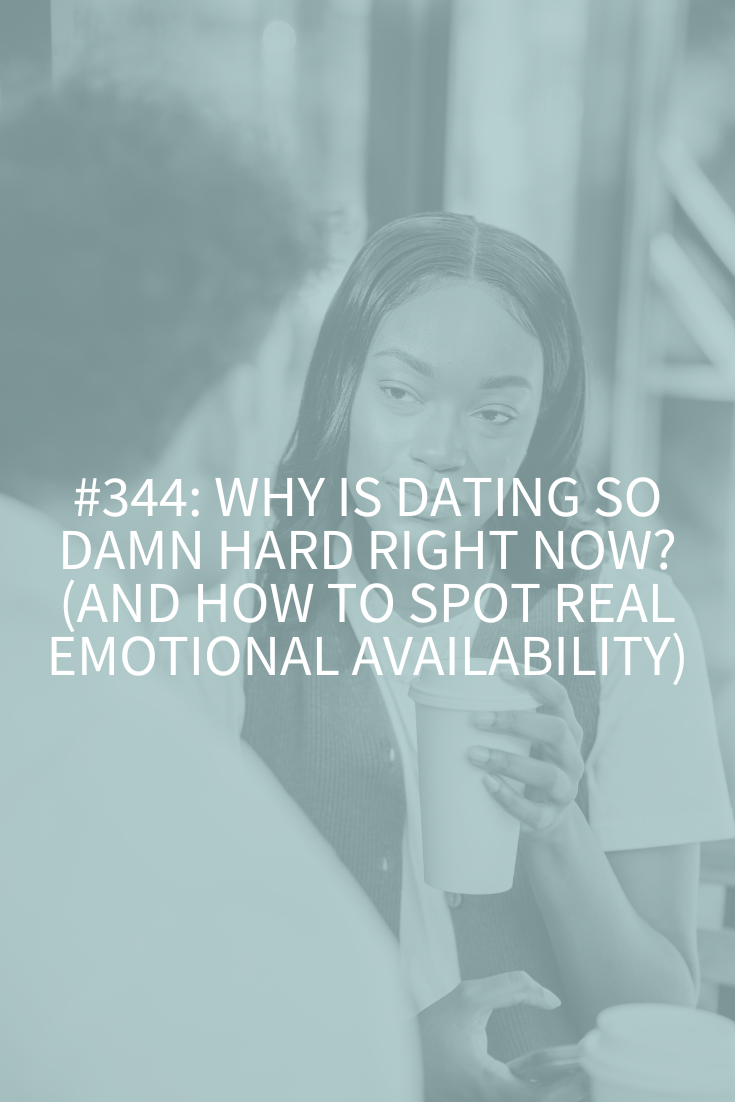
When I talk to my clients about self-care, I can immediately see their eyes glaze over. They’re thinking, “Abby, I don’t have time to fit in anything else!” They see self-care as a stressor – one more thing to add to their “to-do” list. Because when people think of self-care, they think of what they should be doing:
- Exercising
- Taking time for myself (but then what do I do when I have it?)
- Meditating
- Doing a hobby you enjoy
- Getting something like a mani/pedi or a massage
- Vegging out alone and binge-watching something
Maybe you even do all those things, but you’re not consistently feeling better?!
What if I told you that self-care isn’t just about those things? Because true self-care is WAY more than all the things you do. Self-care is, above all else, paying attention to how you feel! You can exercise all day and get a mani/pedi every week but if you’re not feeling happier or calmer overall, what’s the point? It’s because all the physical self-care in the world won’t get you where you’re trying to go if you ignore your emotional self-care. This is for you especially if you’ve been struggling with figuring out what it means to do self-care!
Emotional self-care means that you have somewhere safe to express your true emotions and feelings. By safe I’m talking about not feeling judged and having someone truly empathize and hear you. This isn’t about problem-solving or fixing. It’s about feeling seen and heard. When we have that, we feel connected which makes us relax and feel safe.
Think right now of how it feels when someone has really heard you. The sheer relief of it is epic! This is why so many people cry in therapy – it’s not necessarily about what they’re sharing (I hear all the time, “I don’t know why I’m crying about this”). It’s because they feel held, understood and seen.
Emotional self-care will improve EVERY area of your life because here are the dangers of NOT sharing and keeping our true emotions inside:
1. Physical Issues
Any time you suppress your emotions, it leads to physical stress on your body.
2. Stuffing Your Emotions
Another common theme from people shoving down and not expressing their true emotions is self-harm by way of gaining weight from increased eating, increased drug and alcohol use, overspending, sexual acting out or other self-destructive activities all in the name of avoiding feelings!
3. Emotional Dysregulation
Not expressing your true emotions results in your expressing untrue emotions!
Top 3 Tips for Emotional Self-Care
Tip #1: Name That Feeling!
I talk about mindfulness a lot and it’s because the research just keeps showing that practicing mindfulness is at the core of a joyous and serene life.
Tip #2: Identify an Emotional Self-Care Buddy
Identifying an emotional self-care buddy is next on the list. This could be your partner, friend, a therapist or even someone virtual if all else isn’t available to you right now. The idea is to set up a “formal” relationship complete with guidelines for success.
Tip #3: Be Your Own Buddy
There are some great ways to be your own emotional self-care buddy:
- Journaling.
- Mindfulness of your feelings throughout your day (naming the feeling as mentioned above or just tracking your feelings throughout the day)
- Practicing calibration and actively calibrating your mood to a higher vibration.
Sign up for my FREE Meditation Starter Kit! There’s almost nothing better for you than taking a few minutes each day to get your positive momentum going!
Resources and Links:
How to Make Mindfulness a Habit
How to Be Heard in Any Relationship
If You Want to Communicate, You’ve Got to Listen First
8 Rules for Giving Great Feedback
The Secret to Positive Thinking in All Your Relationships
Calibration Exercise: Create a Positive Vibration to Start Your Day
“Psychologists Find the Meaning of Aggression: ‘Monty Python’ Scene Helps Research,” March 24, 2011.
“Writing About Emotions May Ease Stress and Trauma,” Harvard Health Blog, October, 2011.












